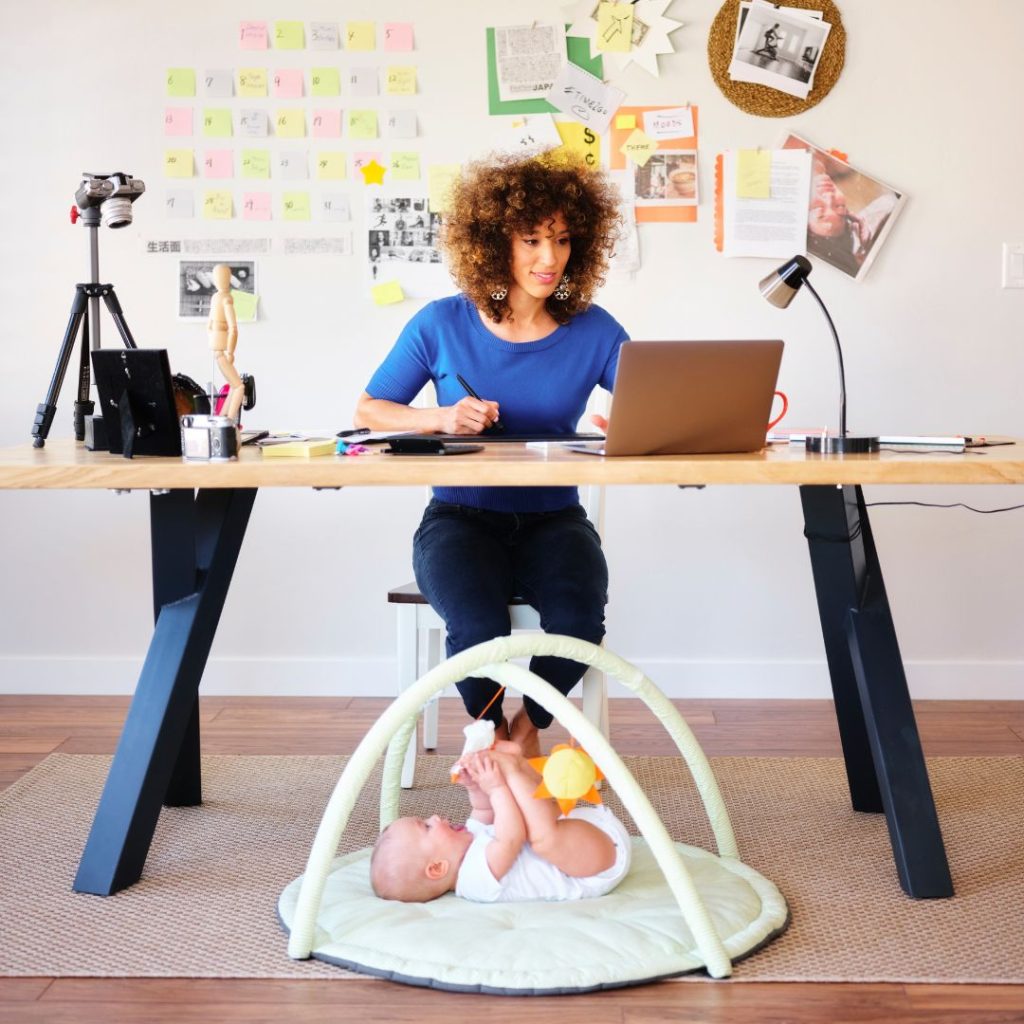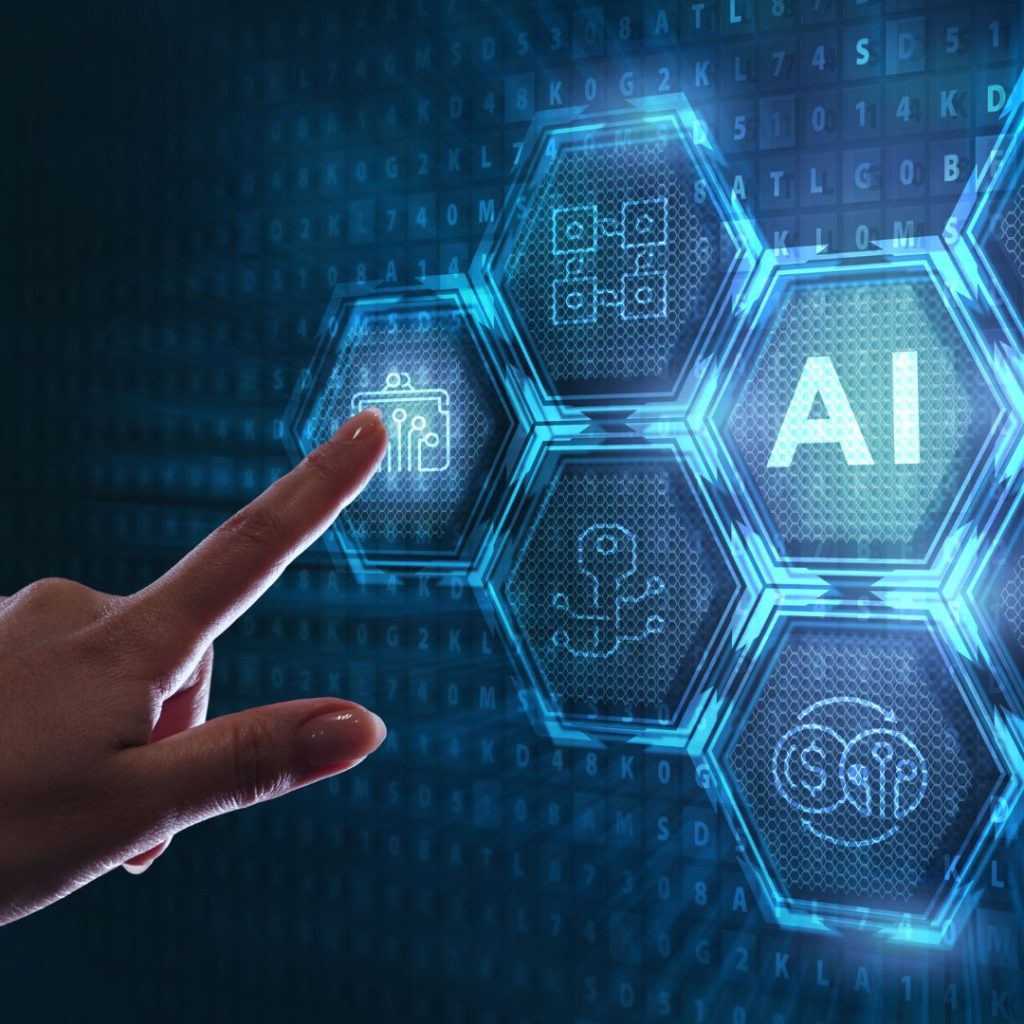
As an Associate Consultant at a Management Consultancy firm, I have witnessed a surge in requests from various organisations for work culture transformation and culture audits, reflecting a growing awareness of the need to address the blurring boundaries between work and personal life. While this shift is encouraging, it is crucial to examine the underlying ideologies that shape our work-life balance and consider the impact of emerging technologies like AI on our future.
The concept of work-life balance, though not new, is taking on a heightened urgency as we grapple with the transformative impact of digitization and AI. AI, poised to revolutionize the workplace, holds the potential to automate tasks and enhance human capabilities. This is leading to a transformation of the workforce, as some jobs are being automated while new jobs are being created. While this promises increased productivity and efficiency, it also raises concerns about job displacement and the potential for further blurring the boundaries between work and personal life. For businesses, this also means that they need to be proactive in up-skilling their workforce and preparing for the future of work including investing in training and development programs, as well as creating a culture of continuous learning.
The traditional work ethic, deeply entrenched in capitalist ideology, has long prioritized productivity and efficiency at the expense of personal well-being. This perspective has fostered a culture of overwork, glorifying long hours and dissolving the lines between work and personal life. Driven by the pursuit of profit maximization, organizations have often perpetuated this culture, demanding unwavering dedication and constant availability from their employees. This relentless pursuit of productivity raises questions about whether unrealistic strategic goals or an insatiable demand for innovation are driving employers to demand more hours, even beyond the confines of the traditional workday.


In my perspective, AI is a powerful tool, not an omnipotent master. Humans will continue to surpass AI in many aspects, even as AI’s capabilities continue to advance. However, this does not negate AI’s potential for significant impact on our world. It is paramount that humans carefully consider how AI is utilized and ensure its responsible and ethical application. Therefore, organizations must acknowledge that humans require rest and rejuvenation. They must foster a culture that promotes work-life balance, recognizing that employees are not merely cogs in a machine but individuals with diverse needs and aspirations. By prioritizing employee well-being, organizations can reap the benefits of a more engaged, productive, and resilient workforce.
The repercussions of work-life imbalance extend far beyond individual well-being, as work represents just one facet of a person’s life. Personal fulfillment, leisure activities, and meaningful connections with loved ones are equally essential components of overall well-being. A workplace culture that prioritizes work over well-being can lead to diminished productivity, increased absenteeism, and a heightened risk of mental health challenges. Employees who feel perpetually tethered to their work are less likely to be engaged, innovative, or committed to the organization’s long-term success.
In conclusion, a healthy work-life balance is not about achieving a perfect equilibrium between two opposing forces; it is about creating a harmonious coexistence between work and personal life, recognizing that both are essential aspects of a fulfilling existence.

